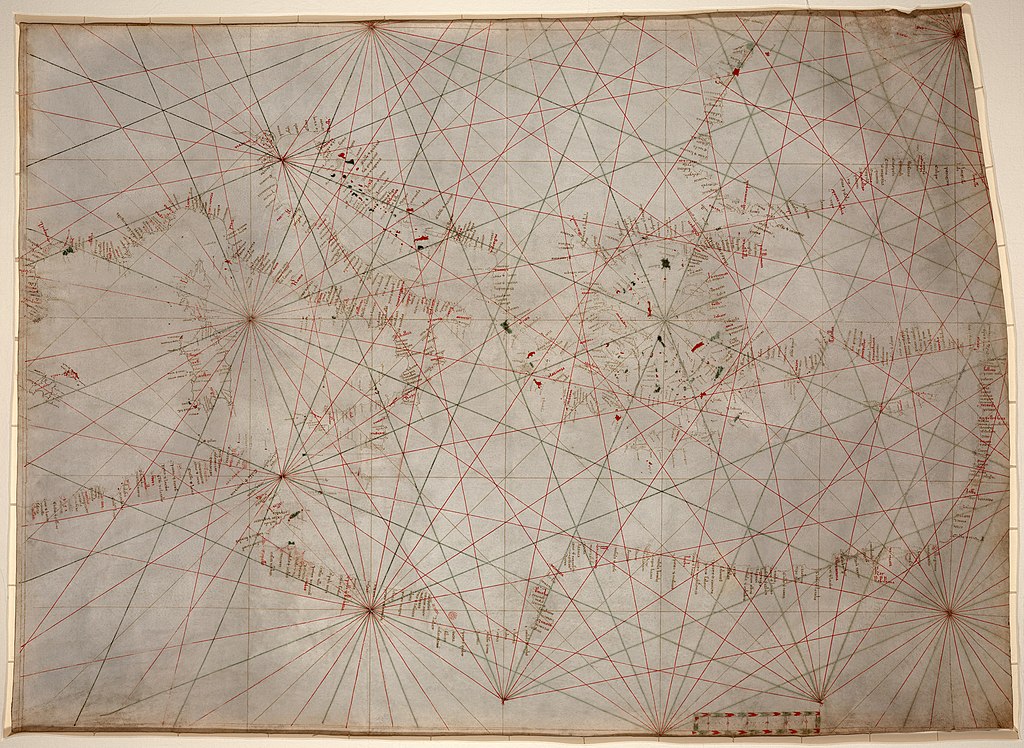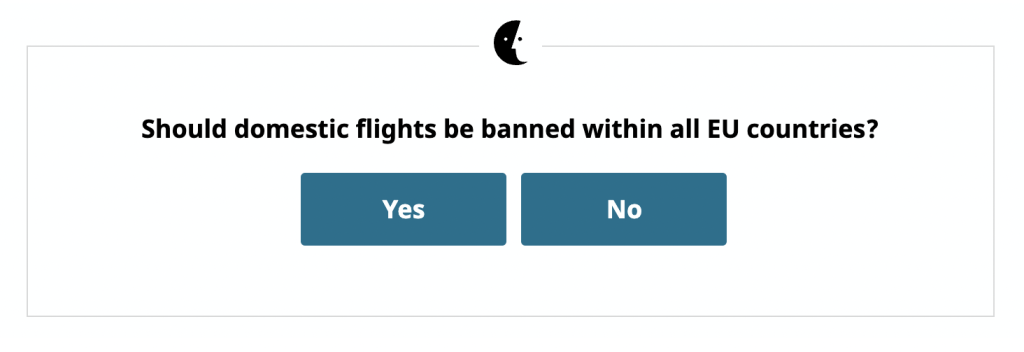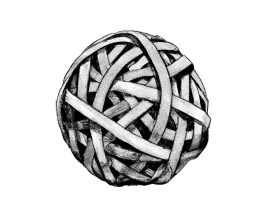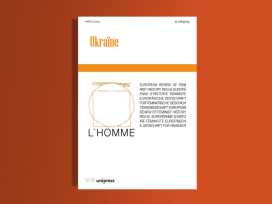Since when was it right to round up people to push through on an inhumane political drive? Now that the suspect Rwanda bill has become law in the UK, government plans to detain asylum seekers are being accelerated. Today marks the beginning of the home office’s operation to place refugees into custody when they attend immigration service appointments and otherwise pick them up nationwide.
Fear of deportation for those who have already fled war, poverty and/or environmental crises, and often risked their lives to reach the UK, are understandably high. Migrants are leaving the UK but not because of a successful migration policy. The already politically sensitive border between Northern Ireland in the UK and the Republic of Ireland in the EU has become a site of renewed unrest: this time, protesters facing rising local social deprivation brandish ‘Irish lives matter’ banners, displaying a worrying mix of nationalist and racist sentiment.
Irish deputy prime minister and foreign minister, Micheál Martin’s recent statement about high numbers of migrants arriving from the UK criticizes the law: ‘It’s very obvious, … if you’re a person in a given situation in the UK, you don’t want to go to Rwanda.’ UK prime minister, Rishi Sunak, meanwhile, continues to defend his ‘third-party partnership’ as a ‘deterrent’ and ‘novel ways to solve the problem’, even as the ‘stop the boats’ campaign sees more people arriving not less. This ill-conceived, £540-million Tory-party plot is exporting Britain’s responsibility as an ex-colonial power not only back to Africa but also onwards to its first colony. ‘My focus is on the United Kingdom and securing our borders,’ says Sunak.
How novel – upholding nationalistic rhetoric, avoiding accountability, instilling hatred and fear. That’s never happened before has it?
More than the line on a map
Borders define. Conventionally, they seem demarcated, set. If asked to draw your country’s border, you would likely produce a line. But the political situations in nation states and regional unions often bring the jurisdiction of borders into question. There are states determined to acquire more land. And those, as we can see, pushing to restrict entry, focusing on both exclusion and expansionist solutions.

Nautical chart of Mediterranean Sea in portolan style, Genoa, c.1320-1350. Image via Wikimedia Commons
An interdisciplinary team of researchers at the University of Graz, collaborating with Eurozine on a new focal point, calls this phenomenon ‘Elastic Borders’: ‘Thinking of borders as elastic offers new avenues to understanding not only how state borders stretch and retract, but also how they create fields of stress and violations in the processes of extension and retraction.’ With contributions from the NOMIS foundation-funded research project and Eurozine partner journals, articles range from contemporary field work on contentious border practices in Greece, Spain and Tunisia to the legal and technological enactment of elastic borders.
Measuring the mobile body
Laura Jung’s article on border and surveillance technologies takes us on a historical trawl. Her research draws parallels between late nineteenth-century criminology and contemporary data processing techniques. From painstakingly exact facial measurements to fingerprinting, the line between keeping a record of potential repeat offenders to profiling criminal types was easily crossed in the past. Enthusiasts enlisted scientific scrutiny for deviant ends. As Jung writes, criminal anthropologists ‘enumerated a list of so-called “stigmata” or physical regularities found in the body of the “born criminal”.’
Highlighting the crossover between criminology and eugenics, Jung references Frances Galton and his composite photographs of convicts. The process of attempting to identify markers of delinquency is itself now recognized as criminal.
And yet EU authorities utilizing biometric data processing to register migrants risk a similar transgression of human rights today. The Eurodac database, which records arrival points, fingerprints, photos and other forms of identification, may be espoused for its objectivity, supposedly eradicating human error and increasing ‘fairness’. But the notion that automated processes reduce bias is a simplistic argument. While machine learning may relieve the need for ongoing, incremental decisions, the system’s parameters will have been pre-set. Ethical biases, based on cultural prejudices and political allegiances, determine who will be targeted, how and when.
A tendency to criminalize in advance has resurfaced. And now that ‘the minimum age of migrants whose data can be stored has been lowered from fourteen to six years old,’ even the innocence of very small children is being corrupted by the system.

One way or another
Ongoing instability, due to conflict, environmental crises and economic hardship in parts of Africa, forces many to migrate. Chiara Pagano, focusing on Black migrants who make it to Tunisia’s borders, reports on state violence and informal trading. As a witness to this volatile situation, Pagano describes the disappearance of those attempting to make it to Europe. Once arrested, migrants are often brutally deported back across the border: ‘for over a month, Tunisian state authorities committed over 300 more migrants to their deaths; not readmitted, they were de facto trapped on the desert fringe between Tunisia and Libya under the scorching July sun’.
The European Commission, in paying the Tunisian government a €127 million first instalment in financial aid to combat what is deemed ‘irregularized migration’, is playing a pivotal role in this murderous scenario. ‘This move exemplified the EU’s active support of … the institutional, social and physical racialization of “sub-Saharan migrants” throughout their migratory path’, writes Pagano.
However, the strategic payment didn’t result in the closed border that the EU had hoped to leverage. And a subsequent transfer of 60 million euro was ‘dismissed as a disrespectful form of charity’. But the real reason for such a refusal seems to be based on a more pragmatic reality: ‘Keeping borders open is strategically more convenient to the Tunisian government than responding to EU blackmail, also due to the use that citizens and non-citizens on the Tunisian-Libyan frontier make of informal cross-border trade to navigate the country’s economic crisis.’ Pagano asks whether the EU’s failing cash for immobility plan is anything more than the legitimization of Tunisia’s authoritarian regime.
Tearing down fortress Europe
Writing for the Green European Journal, Aleksandra Savanović recognizes that safeguarding the dubious concept of a ‘European way of life’ has serious implications for migrants. Though indispensable for economic growth, new arrivals, who endure militarized border systems, face a future of privatized detention centres. Here, the EU also blatantly reveals its willingness to extend union borders when it suits ulterior motives: ‘member states … advocate for detention in 22 countries in the Balkans, Africa, Eastern Europe and West Asia … with the intention to eventually establish offshore processing facilities.’
Savanović asks whether a new focus on common goals could provide the necessary end to these dehumanizing practices: ‘What if, instead of investing in detention centres, we invest in elaborate social infrastructures that facilitate immigration by providing appropriate shelter, subsistence, and guidance?’ As with Jung, she proposes learning from a chequered past and repetitive present: ‘A place to start is turning away from utilitarian approaches that permit migration on the basis of need – like labour shortages or ageing populations – and, instead, taking a proactive, subject-centred view on migration futures.’
Chiara Pagano’s and Laura Jung’s research is being carried out within the ongoing project ‘Elastic Borders: Rethinking the Borders of the 21st Century’ based at the University of Graz.









